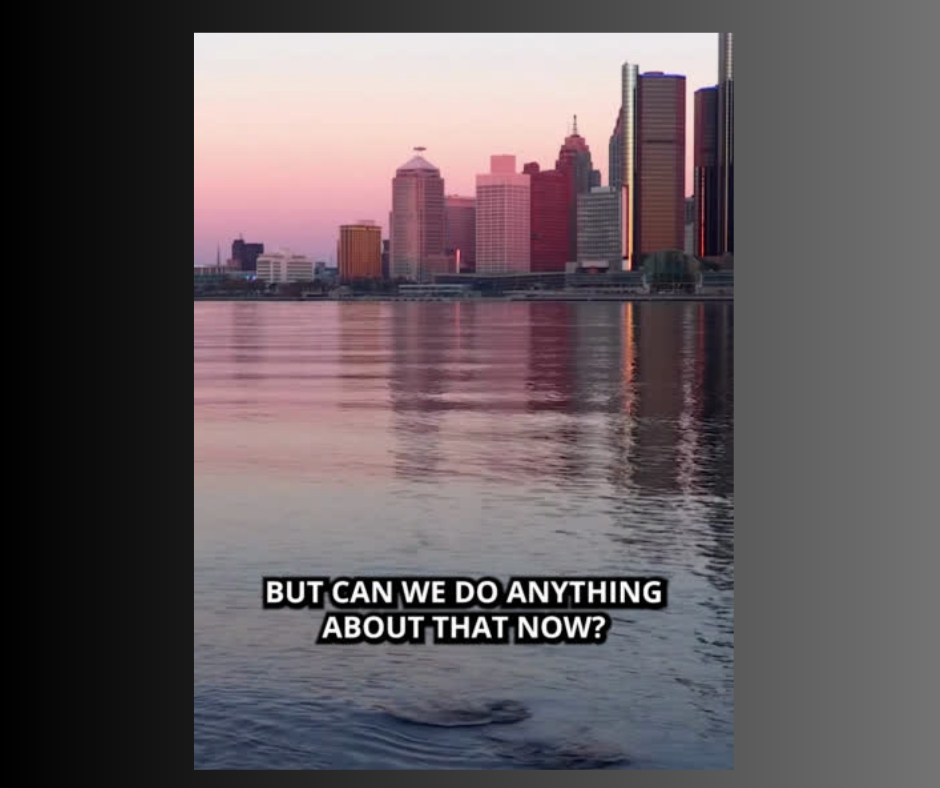
Freshwater Future Weekly: November 10, 2023
| Last Chance! Your Voice is Needed to Improve Minnesota’s Water System Funding Minnesotans deserve access to safe, clean, and affordable water! Now is your chance to comment on the main funding program to improve drinking water infrastructure – the Drinking Water State Revolving Fund. Changes must be made to Minnesota’s program, or this money may not reach the communities that need it most. You can help by taking action through Freshwater Future today. Right now, Minnesota’s annual plan is open for public comment until November 13th. Don’t wait — submit comments for Minnesota today! |
| EPA Deems Clean Up of the Catastrophe in East Palestine, Ohio Finished: Is It Enough? Last Week, the U.S. Environmental Protection Agency (EPA) declared cleanup efforts of the train derailment in East Palestine, Ohio are nearing completion. Nine months ago, hazardous materials including hydrogen chloride and vinyl chloride were released and burned to prevent explosions, exposing residents to these harmful materials. The long-term environmental impacts and health effects are a significant concern for East Palestine residents and surrounding communities. Medical researchers from Case Western Reserve University are conducting a study in East Palestine to understand the short- and long-term health impacts of the chemical exposure. Specifically, this testing will help researchers detect early stages of cancer and other health concerns related to the possible exposure of toxic chemicals. Freshwater Future will continue to monitor this follow up testing of water and air quality. Stay tuned for updates. |
| Water Watchers and Wellness, November 16th Topic: Don’t Fail to File, Essential Nonprofit Paperwork The last of Freshwater Future’s Water Watchers and Wellness series for the year is November 16th and you don’t want to miss it! The session will start with mindfulness and movement practice, followed by the basics and tips on completing year-end filings. Our executive director, Jill Ryan, will walk through your questions and will cover key obligations during this busy time of year. Sign up if you haven’t already or share with your favorite nonprofit HERE. |
| Freshwater Future in DC: Advocating for Real Outcomes from the Farm Bill Freshwater Future’s Alexis Smith joined other Ohio advocates in Washington D. C. to meet with several Congressional offices to educate them about water quality threats and the need for a strong Farm Bill. Currently, the Farm Bill lacks accountability for agriculture. Freshwater Future supports requiring agriculture, if they receive funding from the legislation, to prove that their efforts are reducing nutrient pollution and run-off that cause toxic algal blooms. Alexis’s hometown of Toledo went without water for four days in 2014 from toxic algal blooms caused by agricultural runoff. As a result, the Toledo Department of Utilities has had to make significant upgrades to their water system to filter out toxic contaminants caused by Harmful Algal Blooms. A cost that is being paid back through rising customer water rates. |
 |
| Canada Announces Funding for Projects Restoring Great Lakes Areas of Concern In April, the Canadian Government pledged to protect and restore the Great Lakes by committing $420 million to the effort. Freshwater Future has long advocated for sustainable investments in the Great Lakes. The funding is now making its way to communities. Funding was recently announced for 24 projects to rehabilitate toxic hot spots or Areas of Concern that have a legacy of pollution. The suite of projects include efforts to reduce soil erosion and phosphorus loads, enhance fish and wildlife populations, improve water quality, and restore habitat quality – see if a project is near you. The projects also emphasize community engagement and participation of Indigenous nations, promoting collaborative decision-making to facilitate restoration. |
| The Crushing Weight of Water Rates in Michigan–Solutions Exist With drinking water, wastewater, and stormwater rates steadily increasing, many Great Lakes residents cannot afford their water bills. For example, the average cost of water across Michigan has increased nearly 200% since 1980, with some communities increasing more than 300%. Some Michiganders are paying up to 25% of their income on water bills. Learn more about the causes and solutions and check out this short video below by clicking on the image. |
